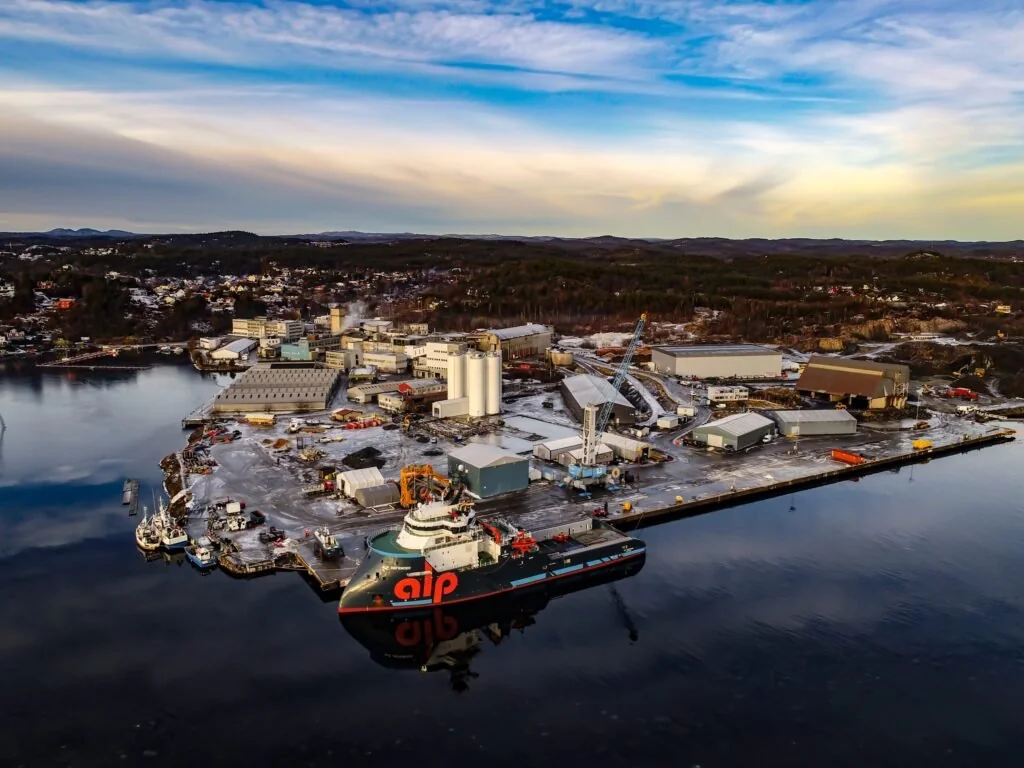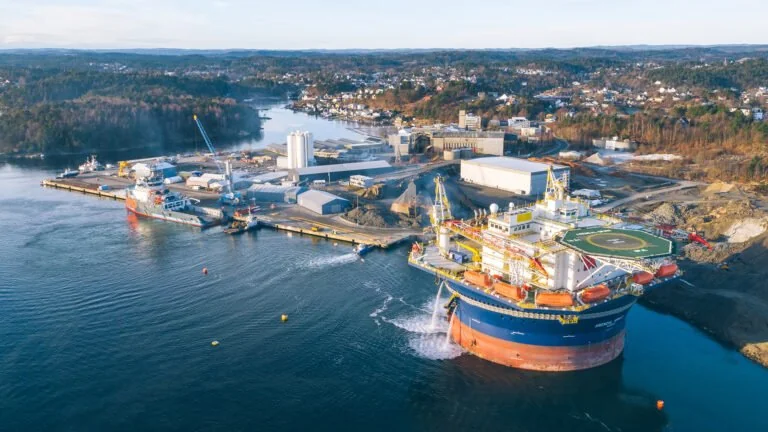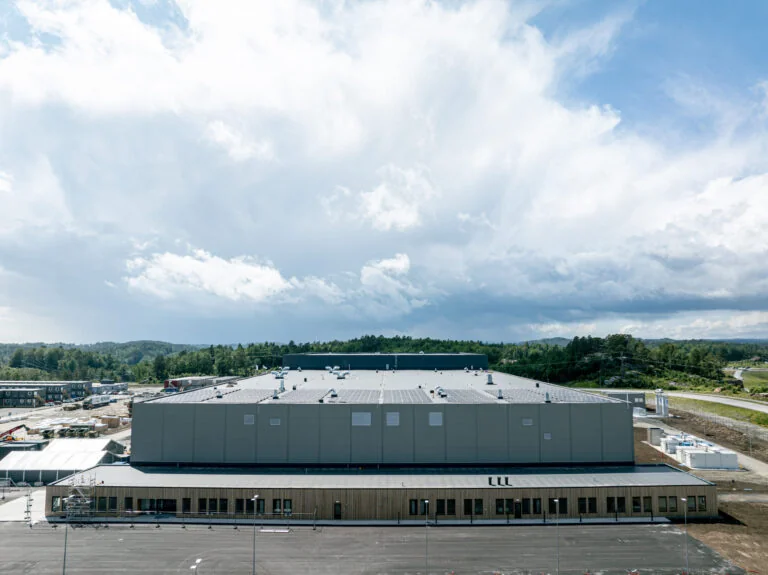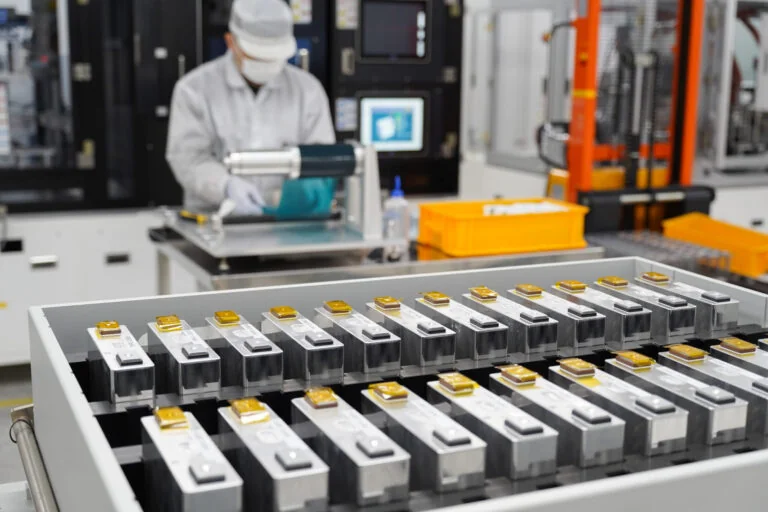The harbour and port facilities at Eydehavn are therefore key to Morrow, Eyde Material Park and the business development along the Battery coast.
The harbour facilitates one of the shortest distances to the European continent and the EV market.
The port infrastructure in Eydehavn is currently undergoing major construction work and will be able to accommodate very large ships, large quantities and types of cargo including wet bulk, roro, containers and general cargo. A new mobile harbour crane with a lifting capacity of 154 tons will be delivered in August 2022.
Eydehavn was the first to offer green shore power to ships and rigs in 2017 and is aiming to be a zero emission port by 2030. Clean fuel systems for ships is underway through North Ammonia.
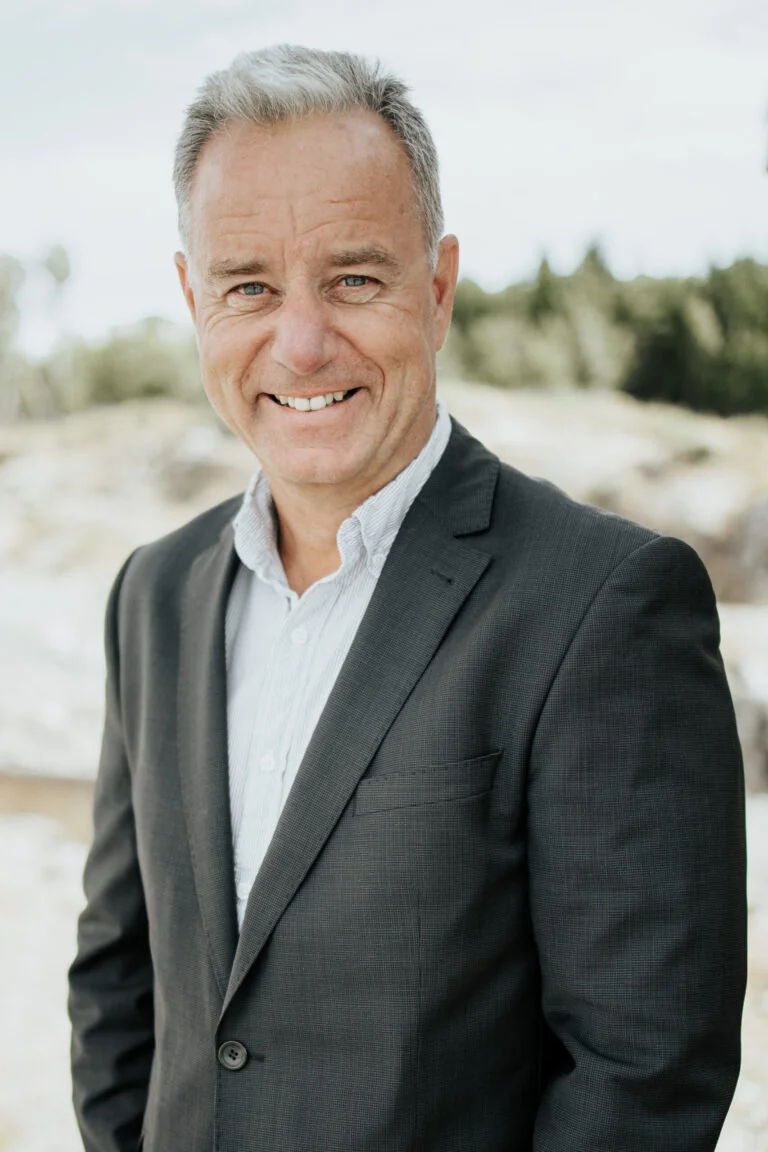
Already one of Norway’s key harbours, Eydehavn is likely to see it’s significance grow as a transport hub for the battery value chain in northern Europe.
In the near future, the harbour will also host a green ammonia production and bunkering facility serving ships with an alternative fuel that can reduce emissions by up to 100%. This is a significant step towards sustainable sea transport.
North Ammonia
North Ammonia, a joint-venture established by Arendal Fossekompani and Grieg Edge, is developing this green fuel facility at Eydehavn. The company will use Norwegian hydropower to produce green ammonia, an energy dense green fuel based on hydrogen and nitrogen which is completely carbon-free.
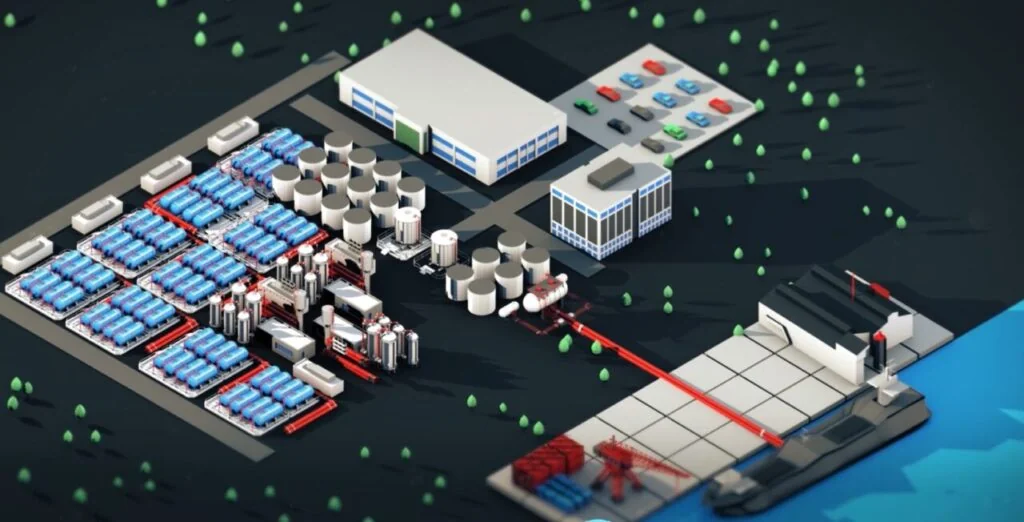
Production start-up in 2025
The North Ammonia facility located at Eydehavn is currently in the concept phase and the first production volume is expected to be ready for customers in the second half of 2025. It plans to expand its production to a full-scale capacity of approximately 100,000 tons NH3 per year in order to meet increasing demand.

